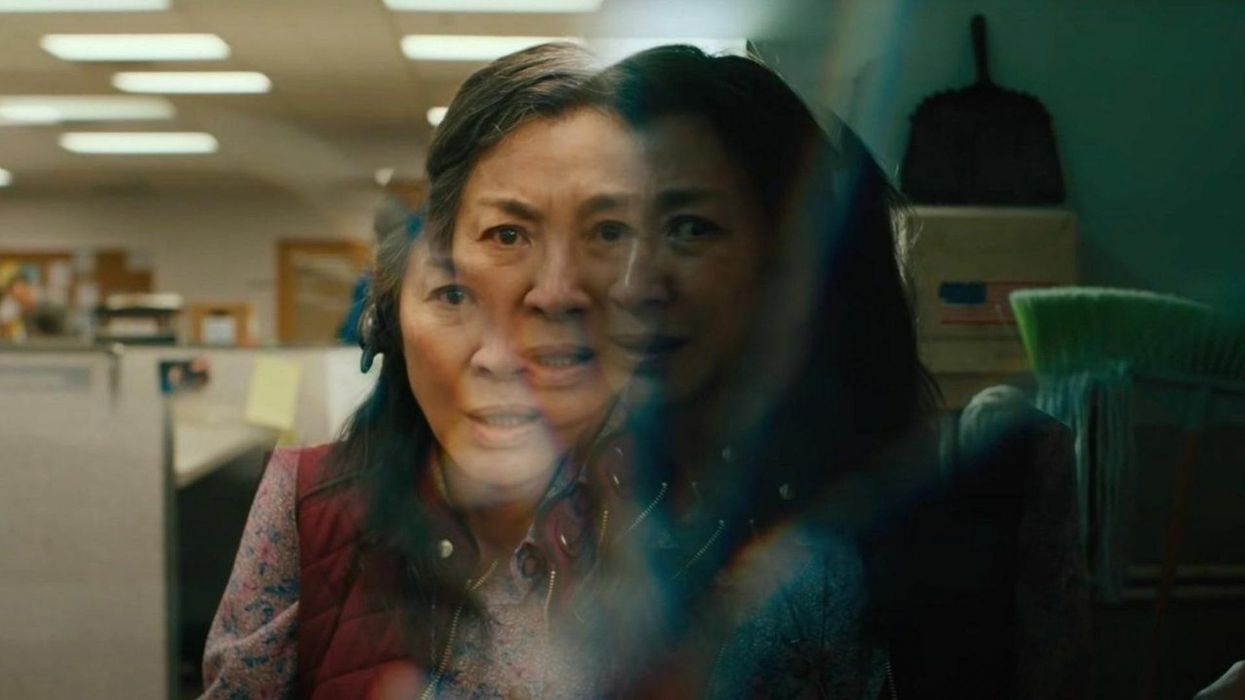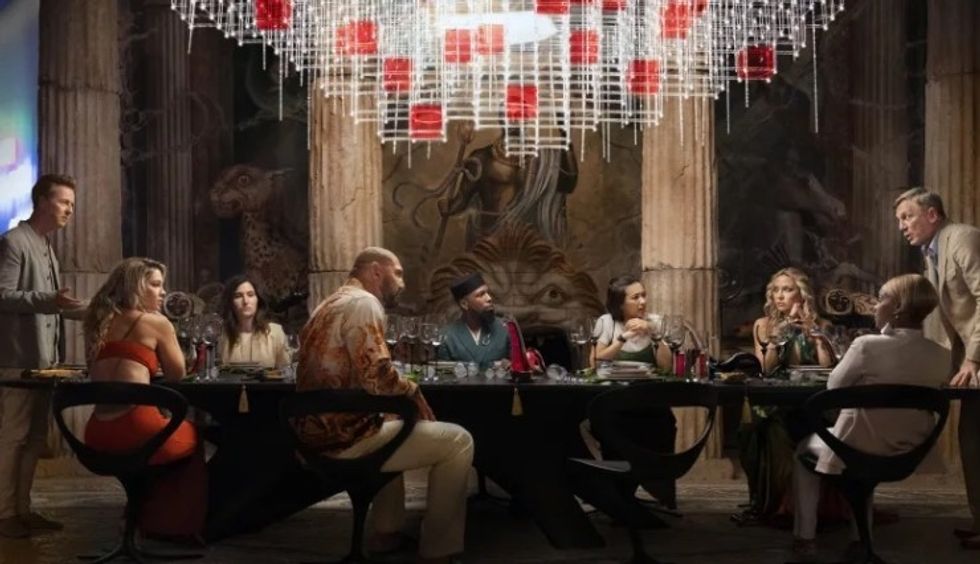Why Writing a Timeless Story Is Impossible
Learn why writing a timeless screenplay is impossible from some of the greatest screenwriters of this year.

Screenwriting is a daunting process that can fill you with so much doubt. While you might know how to hit the story beats, create a beautiful outline, and follow the rules of screenwriting to a T, there is always a feeling lingering in the back of your mind that you have to write a timeless story.
But what makes a story timeless? How do we know what will and won’t stand the test of time?
I recently rewatched films from my childhood that I loved that didn’t stand the test of time, but I can watch films from the 1940s that send a chill down my back because of how relevant that is to current society. What may be successful today might not exist in the zeitgeist of cinema in 10 years, no matter how badly you want it to, and vice versa.
This is a realization that came to many of the writers who were invited to the Hollywood Reporter’s 2022 Writers Roundtable. Filmmakers and writers Jordan Peele, Rian Johnson, Chinonye Chukwu, Tony Kushner, Martin McDonagh, and Daniel Kwan sat together to discuss all things screenwriting. During that conversation, Johnson and Kwan broke down why it is impossible to write a timeless story.
Why Writing a Timeless Story Is Impossible
Johnson wrote Knives Out and Glass Onionas an homage to the murder-mystery genre films he watched as a kid like Death on the Nile and Evil Under the Sun, as well as Agatha Christie’s detective novels, which were hugely popular during their publication. What Johnson realized about the genre as he matured into it is that the story and the genre’s tropes are manufactured to engage with current society.
“It’s this gun that’s built to fire a bullet and it hadn’t been loaded for a long time,” Johnson said during the roundtable. “Because forever… we’ve been seeing these movies as period pieces set in a quaint other world that is set in the past."
Many writers find inspiration from the world around them and how the people, including themselves, engage with the culture. It can be exciting to write a genre story that has specific beats that must be hit throughout while shaping it to a modern lens of your culture.
While the formula will never change, writers can find different ways to play with the concept and tropes of the genre for a modern audience that is extremely trope-savvy. Culture changes every year, but cinema is culture preserved.

Kwan, who co-wrote and co-directed Everything Everywhere All at Oncewith Daniel Scheinert, expressed his appreciation for Johnson’s films, stating that Johnson’s films don’t feel concerned with the idea of trying to make a classic, a notion that many writers are haunted by when they sit down and look at a blank page, but finding a new way to entertain an audience through a static formula.
“I think early on as a filmmaker, I always thought, like, 'Okay, how can I make this film classic? How can I make it timeless?'” Kwan said. “I think that’s a trap, right? [Johnson’s] movies are almost trying to push that logic in the opposite direction as far as possible.”
The problem is that we don’t know what the future looks like. Unless you have a time machine that can travel forward in time, we are stuck in the unknown with our thoughts and a blank page. These great writers and filmmakers understand that a story doesn’t have to be timeless to succeed. Instead, it has to speak to some societal truth.
A good story will always be a good story. Write what feels true and natural to you, and don’t be afraid to take a risk if you believe that chance serves the story. The beauty of writing is that you will always have the chance to write more and sharpen your skills. Eventually, you will write something that stands the test of time, and you won’t even know it until it belongs to the culture.
Let us know what you think about Johnson’s and Kwan’s takes on writing a timeless story in the comments!
Source: The Hollywood Reporter













